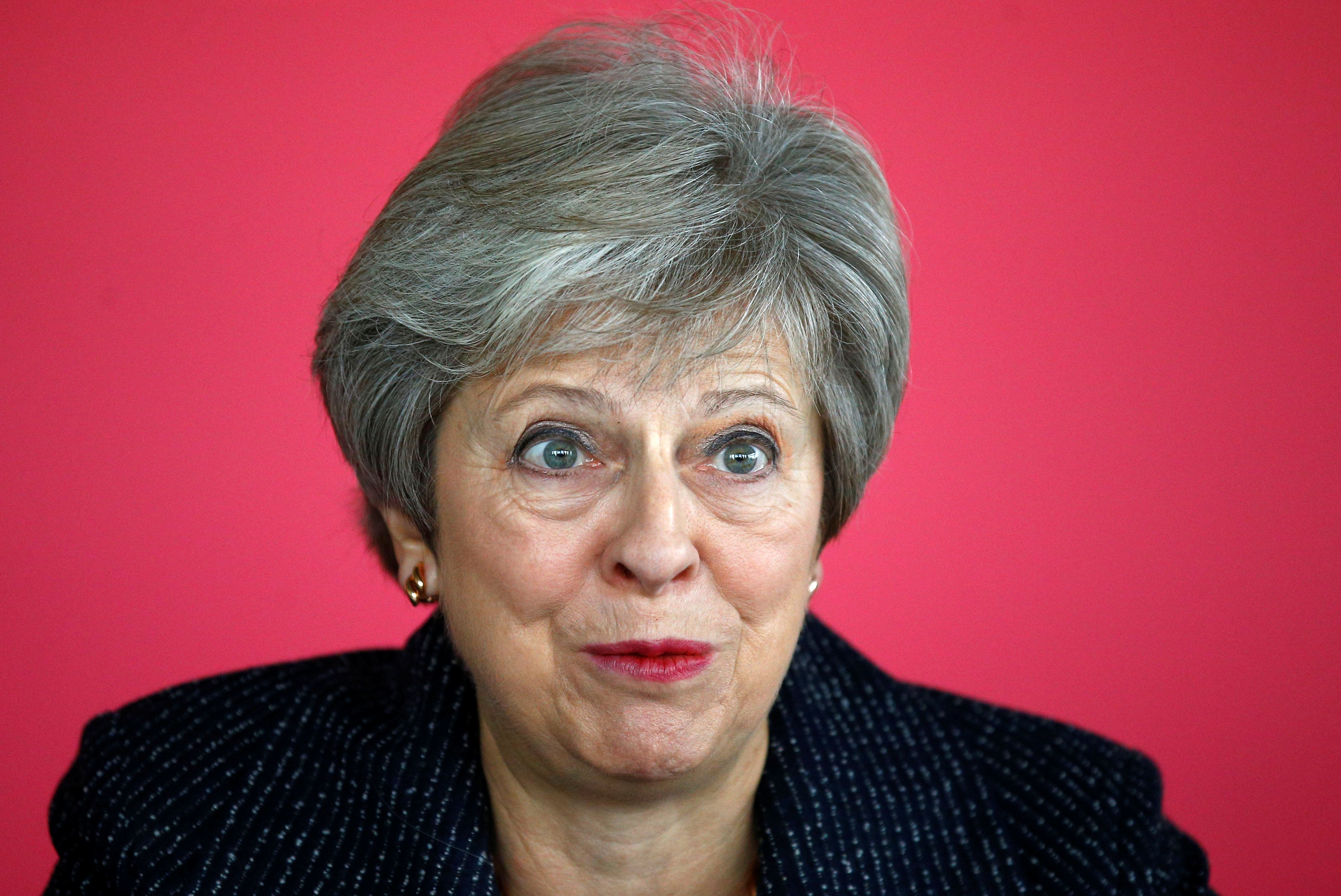October 17, 2018
As things stand now, the United Kingdom is scheduled to leave the European Union in March of 2019. But despite months of rancorous negotiations, Brussels and London are still far apart on the terms of what that divorce might look like. Just days ago, the basis for a potential deal fell apart, leaving open the possibility that when the time comes, the UK might crash out of the Union without a new set of economic and financial agreements in place. That would be a potential economic disaster for both sides.
As the deadline approaches, EU leaders are set to convene in Luxembourg today to try again to hammer out at least a basic agreement over the future of economic relations between the continent and the UK.
Here’s a quick guide to what the issues are and what could happen next:
The major sticking point between the UK and EU right now is what happens to the border between Northern Ireland, which is a part of the UK, and the Republic of Ireland, which is a member of the EU. The situation is compounded by the fact that the border itself is part of deep-seated ethnic and religious fault lines. Thirty years ago, an agreement to bring an end to decades of bloodshed in Northern Ireland was based on a delicate compromise: Northern Ireland would remain a part of the United Kingdom but with continued economic, cultural, and civil ties to the neighboring Republic of Ireland. In 1998, negotiators of that deal could never have anticipated the rapid expansion of the EU or the modern challenges of extricating the UK from it.
But the legacy of that moment now hovers over Brexit negotiations, where the UK faces a fundamental choice about this land border: either impose border controls in an effort to fully separate Northern Ireland from the EU or leave the border alone by effectively allowing it to remain under EU rules. The first option risks damaging Northern Ireland’s economy and angering those who still chafe under UK rule, while the second is seen as a red line for pro-Unionists there, including members of May’s governing coalition, and Tory hardliners who view it as prelude to continued close economic relations with the EU.
Until recently, it looked like May had achieved the careful choreography of appeasing both hardliners at home and negotiators in Brussels by proposing a technology-enabled “frictionless border” with a so-called “backstop” contingency plan to prevent a hard border in Ireland if no final Brexit deal is reached. But a cabinet rebellion from hardliners who fear this plan could become permanent – effectively maintaining integration with the EU and cutting off Northern Ireland from the UK – has scuttled the prospect for progress this week.
The bottom line: Over the next two days, May will meet with European leaders to try and find common ground on Northern Ireland that also addresses the concerns of those at home. But the clock is ticking—with only two real possibilities after this week's summit to strike a deal to finalize the UK’s withdrawal and begin discussions on future economic relations with the EU.
More For You
- YouTube
In his latest Quick Take, Ian Bremmer explains a major shift in the Ukraine war: Europe, not the United States, is now driving the strategy.
Most Popular
- YouTube
In 2025, GZERO’s Global Stage coverage highlighted a recurring theme: artificial intelligence is transforming every corner of the globe.
- YouTube
It's one of the few sources Americans across the political spectrum still rely on.
Then-US President George W. Bush waves as he stands with then-People's Republic of China President Jiang Zemin after the two gave statements to the press following their meeting at Bush's ranch in Crawford, Texas, on October 25, 2002.
At the start of the 21st century, Destiny’s Child was atop the US charts, “Google” was a little known search website with a weird name, and two things happened that would shape the world we live in today.
© 2025 GZERO Media. All Rights Reserved | A Eurasia Group media company.
